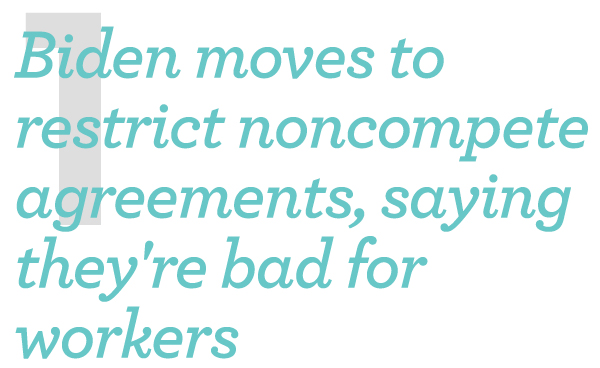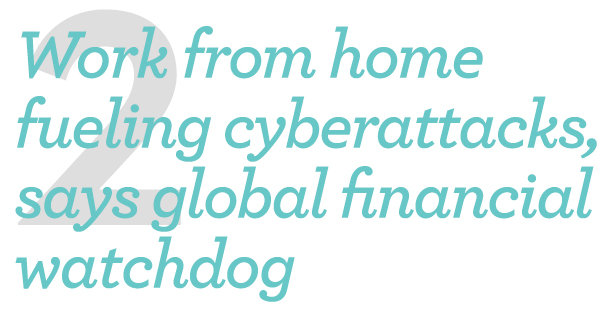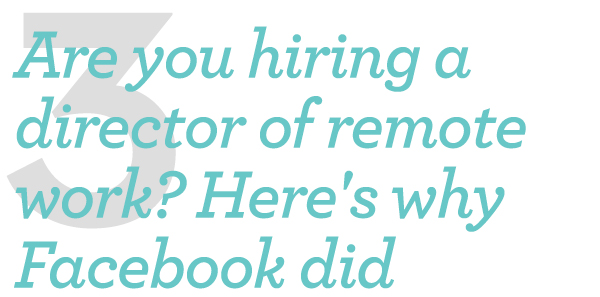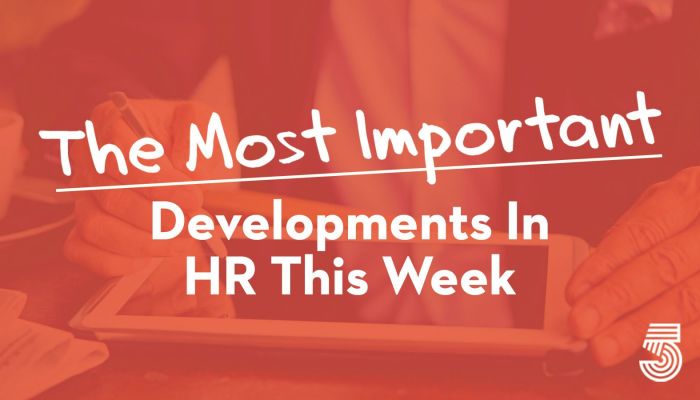
President Biden is making good on a campaign promise to curtail noncompete agreements. As part of a sweeping executive order, Biden is asking the Federal Trade Commission to ban or limit such agreements, which restrict where you can work after leaving a job. The move is part of a larger push from the administration to promote competition and remove barriers that stymie economic growth. The White House argues that noncompetes drive down wages by making it harder for workers to switch to better-paying jobs. Meanwhile, businesses who support the use of noncompete agreements say they are vital for protecting trade secrets and investments. NPR


Financial firms may need to bolster their defenses in the face of rocketing cyberattacks after employees began working from home, the Financial Stability Board (FSB) said on Tuesday. The board, which coordinates financial rules for the G20 group of nations, said remote working since economies went into lockdown to fight COVID-19 opened up new possibilities for cyberattacks. Working from home is expected to stay in some form across the financial services industry and beyond. “Most cyber frameworks did not envisage a scenario of near-universal remote working and the exploitation of such a situation by cyber threat actors,” the FSB said in a report to G20 ministers and central banks. NBC News


Just two months into the pandemic, Facebook CEO Mark Zuckerberg made the company an early adopter of long-term remote work — pledging to allow employees to work from home through summer 2021 and predicting that, within five to 10 years, about half of its workforce could be working remotely. That forecast became more solidified, and expansive, over the following year, with the company ultimately announcing last month that nearly all employees would have the option to request permanent remote status. To make that a reality, the tech giant has invested significant back-end work to formalize its approach to remote work — from new policies to tech adaptations. And, in charge of it all, a new position: Director of Remote. HR Executive


Challenging the notion that we’re in complete control of our lives, the coronavirus outbreak came with immeasurable consequences — leaving a weighted mark on society at large. Affecting the world economically, geopolitically, and socially, the once-in-a-


As automation and AI increasingly take hold in the corporate world, many companies are increasing their investments in skill-building of all kinds: upskilling, reskilling, and even “outskilling” — where employers train employees who are being laid off to help them get their next job. The coronavirus pandemic has driven companies to increase these investments. And yet, the way companies measure its impact remains fuzzy. In a global survey, LinkedIn found that the majority of measures used to assess the impact of training programs are soft metrics, like completion rates, satisfaction scores, and employee feedback. Comparatively few respondents used harder metrics, such as increases in employee retention, productivity, or revenue. CEOs and CFOs should demand better measures, particularly as the amount of money at stake continues to increase. HBR










